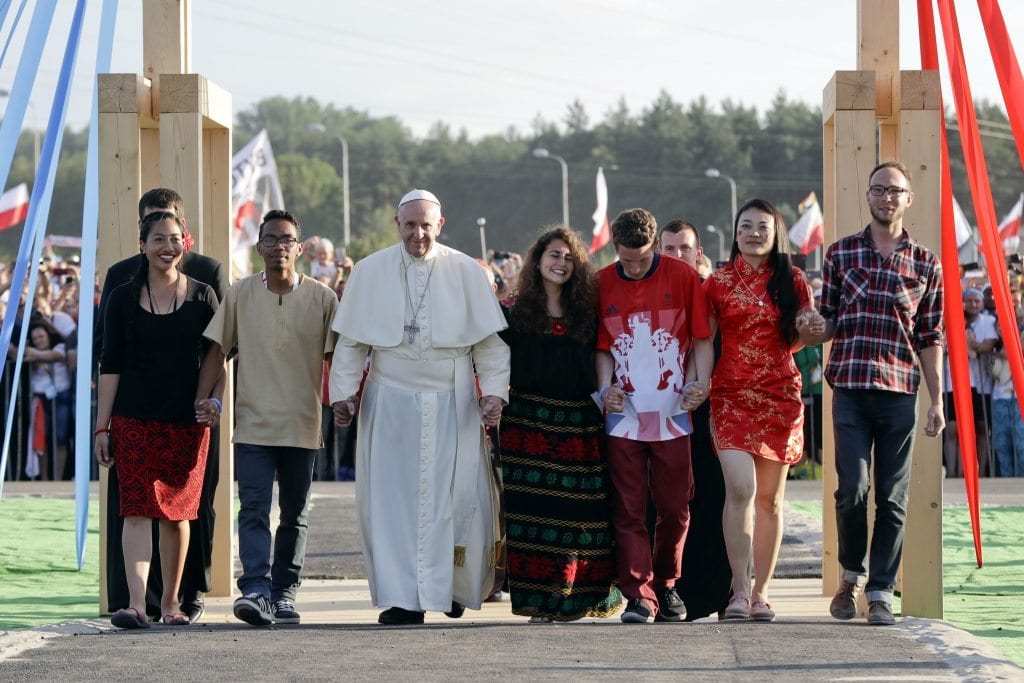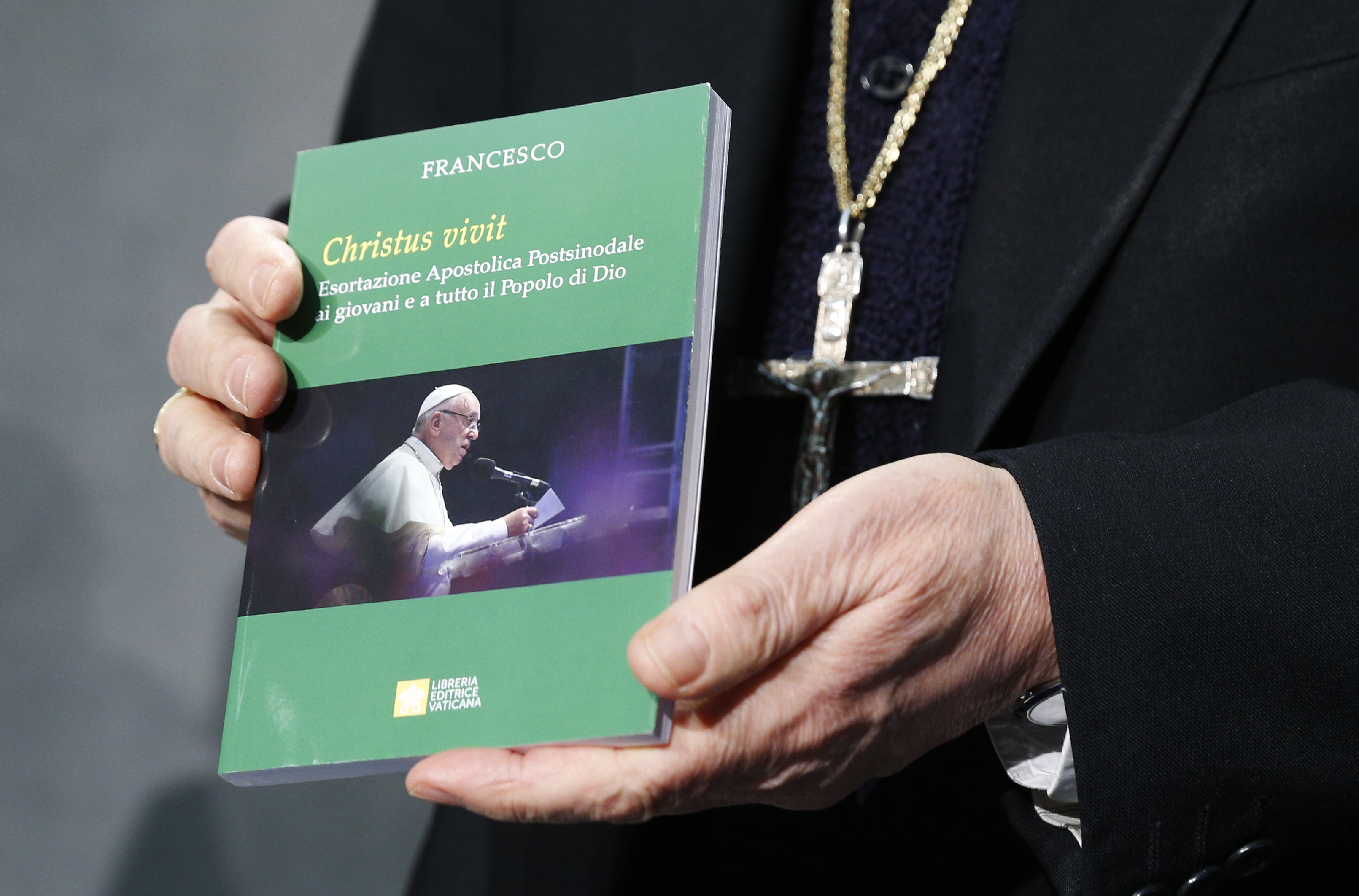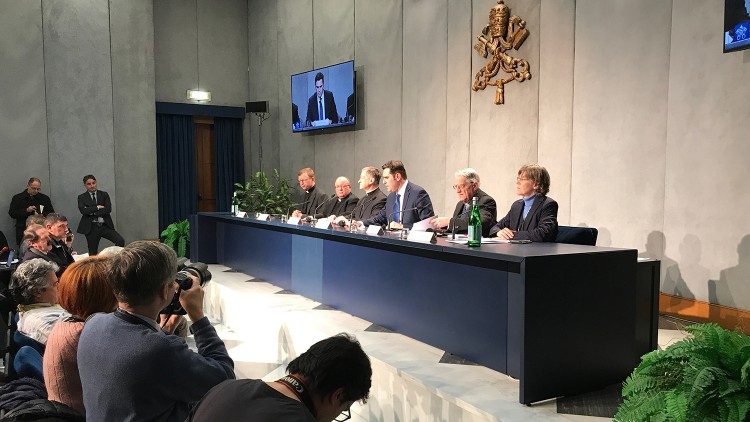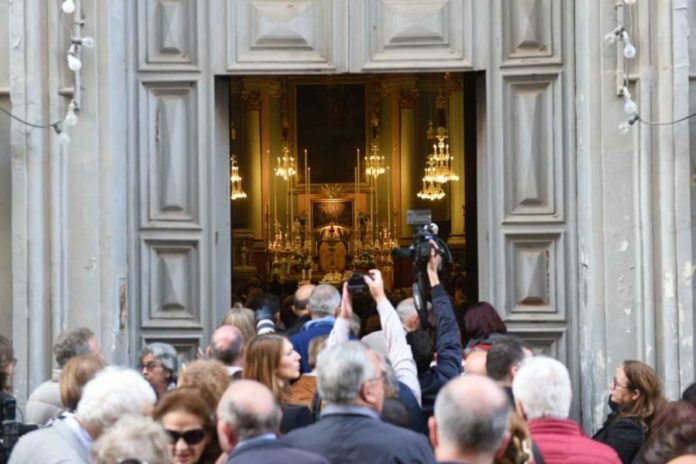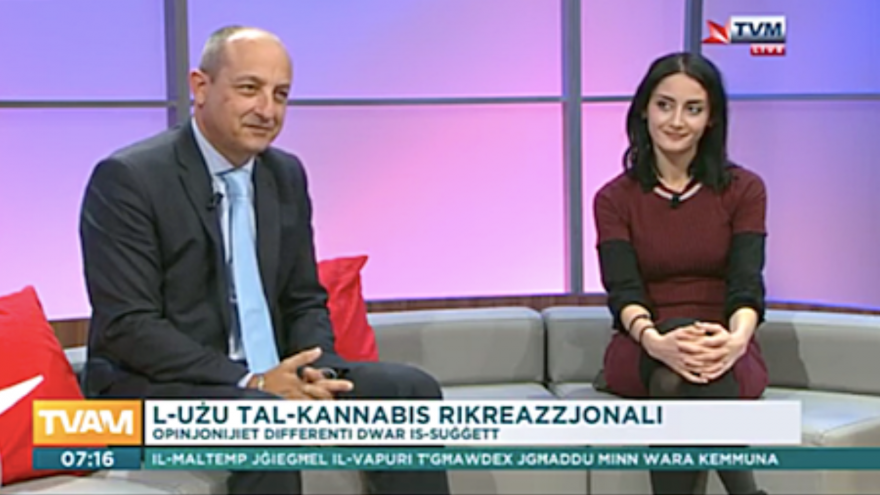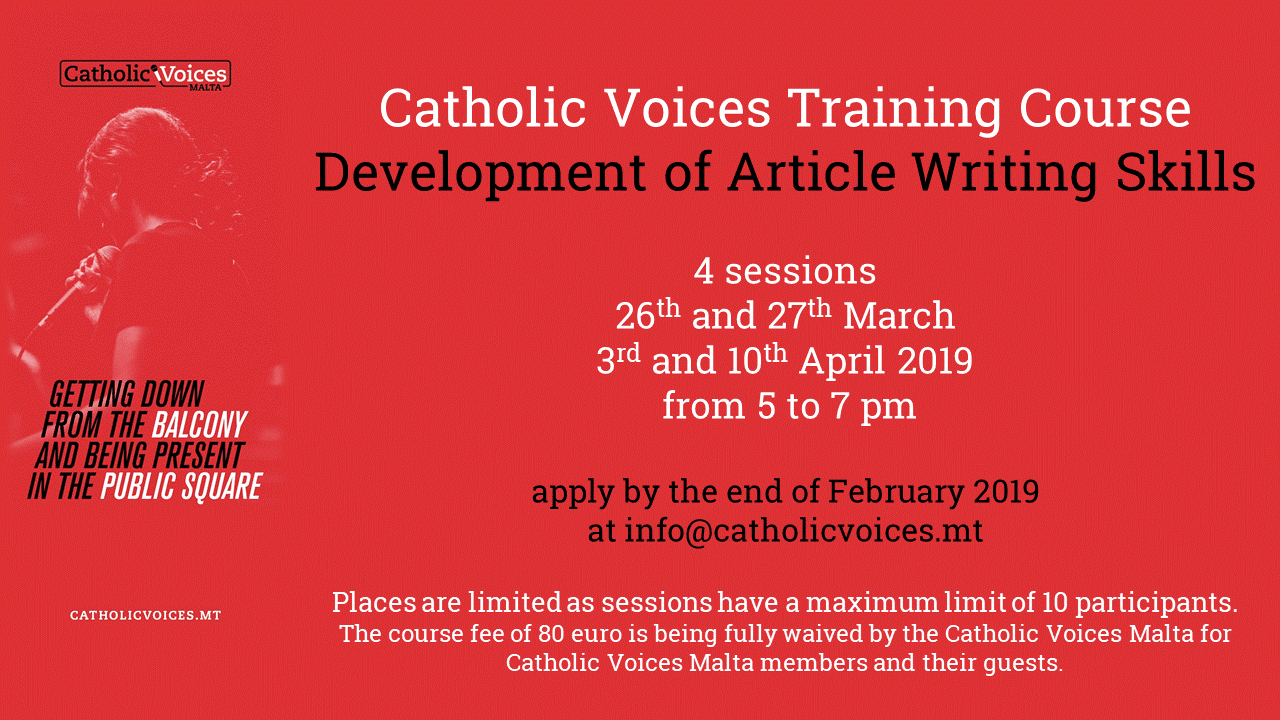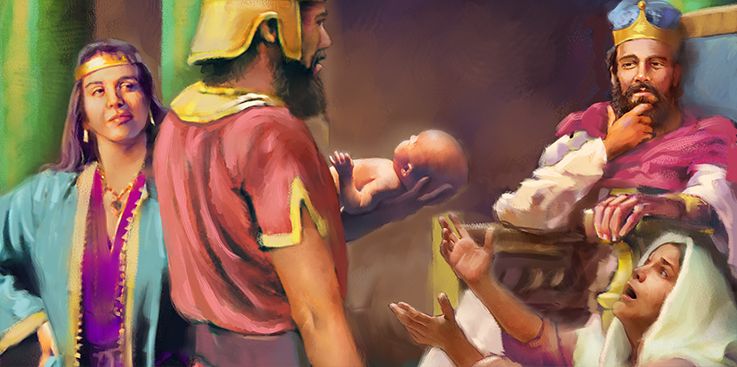
Wise Solomon had a very though decision to make when confronted with two women claiming to be the mother of a surviving baby, after one mother lost her newly born at sleep. Solomon sought the middle ground, offering to divide the babies in two, a half each. The mother, terrified of what the middle ground meant offered her son to the lying woman. Solomon recognising the selflessness act of the mother, gave the son back to her.
The call by Dr Andrea Dibben in her article of the 14th April, to explore the middle ground in the abortion debate unfortunately offers no different outcome for the unborn child. Contrary to Dibbens belief, this is not about personal morality, but about the fundamental right to life, that today our laws protect in everyone’s interest.
Urging us to explore abortion from philosophical theories that seek to deny the basic scientific facts that a human is always a human at whatever stage of its development, colour, race, gender, etc., and dehumanising the individual with devastating consequences. Black people enslaved; Jews, ethnic Poles, the Roma, “incurably sick”, gay people and others, exterminated in the Holocaust. Today, societies that deny women legal rights, deeming them lesser legal persons, with husbands granted the right to kill their wives in case of adultery; Brunei just legalised the stoning of gays; the Liverpool Care Pathway for the Dying Patient, that was exposed to have deliberately killed perfectly heathy bed ridden patients through hunger, without their consent, for budget cuts; Denmark and Iceland boasting that they are 100% down syndromes free, by aborting all diagnosed down syndrome unborn babies. Need we more illustrations of the effects of philosophical dehumanization, as pro-abortionists seek to do of the unborn child to justify its killing.
Dibbens seems to want a debate exclusively on her terms, i.e. excluding any moral and scientific arguments. This indeed makes any middle ground very difficult to find. If we want to find common solutions these need to share in the interest of supporting the mother and the unborn child.
It is science not religion that tells us that from the moment of conception in the womb lives a distinct human being and not merely a bunch of cells, like a cancer that kills you. It is science that tell us that these cells are not a potential, but the start of a life that if left uninterrupted from human intervention, sickness or accident will live till old age allows it to no longer generate further and die.
We appreciate that a pregnant mother may be facing difficulties due to a pregnancy, but as Pope Francis so bluntly put it “hiring a hitman to resolve a problem”, is no middle ground solution.
This leads me to the second point. A discussion needs to be based on honest facts.
Going through the 30 Q&A infographics that Dibbens describes as facts and arguments that seek to dispel myths on abortion, I found these to be nothing more than a sales pitch based on a mix of unfounded statements, fudges and misrepresentations.
Abortion is a health care issue (myth 1), is certainly not the case for the killed unborn child.
Saying that an unwanted pregnancy damages a woman’s health (14) but then denying (myth 2,13) that aborting the child within you, the most unnatural thing to do, has no mental health implication, is a what? The internet is full of testimonies of women who remained traumatised, anguished and regretted their decision to abort a child.
Selling the idea that because most abortions are done before 8 weeks then they are ok (myth 4); begs the question, if after they are not ok at 9 weeks what makes 8 weeks less human? Science is clear, the zygote, foetus, unborn child is human from second one, from conception, not from 9 weeks.
Myth 7 sells the idea that because the foetus up to 24 weeks feels no pain begs the question since when felling pain makes one deserving to live or to die? So if you give someone a pain killer then you can kill him or her?
Myth 8 is an outright deception that keeps being used by pro-abortionists like the Trojan horse. The infographic claims that an abortion done to protect the mother’s life is a crime. False. Maltese Health protocols are clear, if the mother’s life is at risk, a doctor is obliged to save the mother’s life even if the consequence is the loss of the child. We simply do not call this an abortion but a miscarriage.
The article does not allow me space to go into all infographics, but this is the sort of misinformation we are starting to be feed.
Dibbens also misreads as overwhelmingly positive feedback the reach of 180,000 people through this Facebook campaign. Facebook reach is not a sign of overwhelming support, many people reached do not even read the post it merely scrolls in front of them. When I entered the Page verify response the Page had 1,046 Likes at the time of writing, a response rate of less than 0.6% of the Facebook reach, not overwhelming at all.
Thank you Mr. President for the firm message of defence of life you have sent in your inaugural speech. Kudos to the Maltese Government who this month, at the United Nations 52nd Session of the Commission for Population and Development, reaffirmed Malta’s clear and unequivocal position against the interpretation of abortion as a sexual and reproductive health service, stating clearly “the right to heath does not include the right to abortion as this goes against the right to life, which is paramount”.
What we need today is a renewed effort to continue nourishing this beautiful culture of respecting life, agreeing here with the Prime Minister that it needs to include all life, even that of migrants at sea.
Let us discuss the support systems that pregnant mothers in difficulty need, how to create situations where mothers that cannot take responsibility for their child, are assisted to either for so or help them transition the child toward adoption or foster care, in the most discreet and respectful manner. These are the middle ground solutions that together we should work around, solutions that do not pit the mother against the child, or place the unborn child under the knife.
This article was published by the Malta Independent on the 18th April 2019
http://www.independent.com.mt/articles/2019-04-18/newspaper-opinions/The-middle-ground-6736206848


